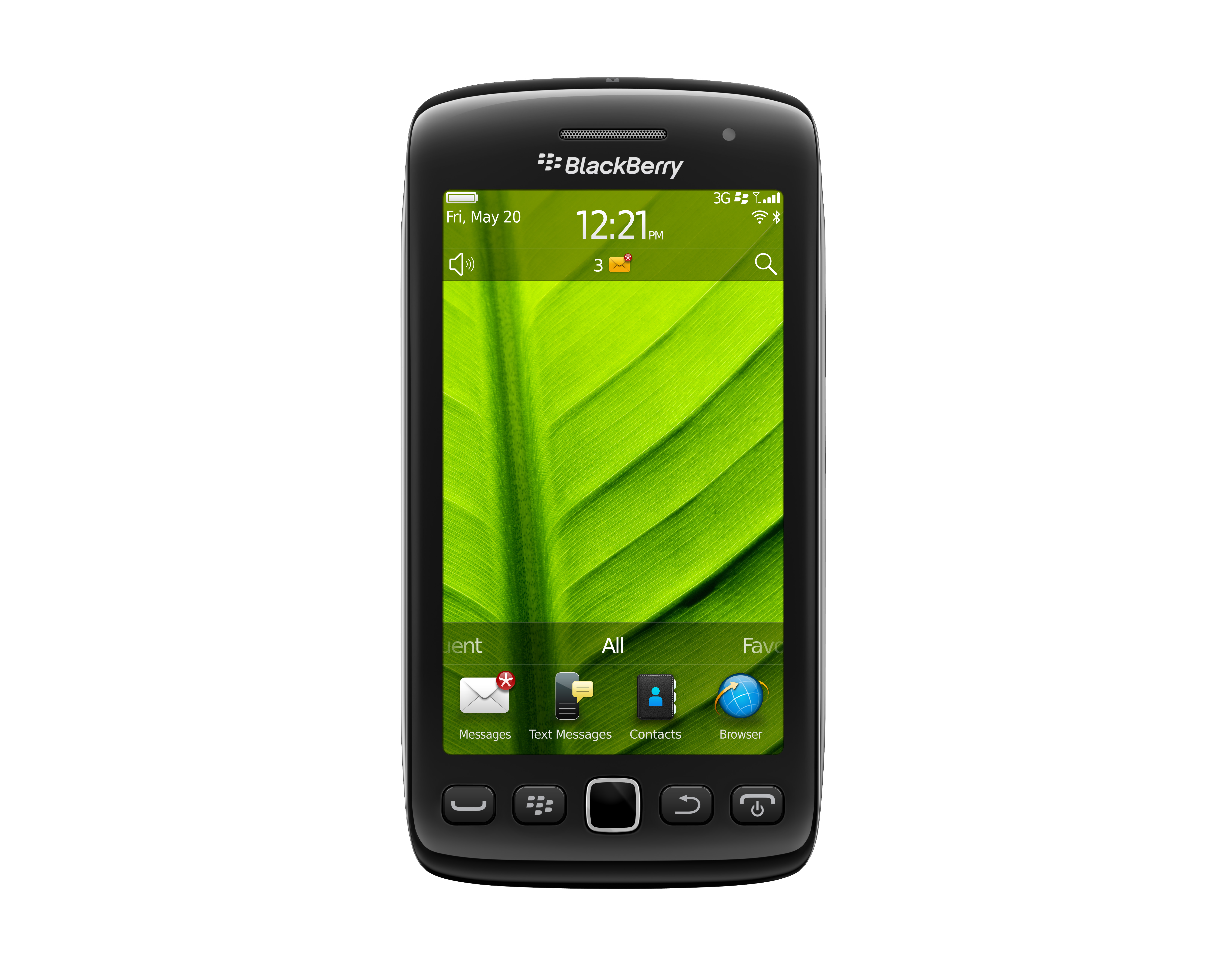
An analyst at Sterne Agee has noted that RIM continues losing large customers for its current lineup of BlackBerry phones. The competition from Apple Inc. (NASDAQ: AAPL), Google Inc. (NASDAQ: GOOG) is just too stiff.
But the company hopes that it can compete successfully with Microsoft Corp. (NASDAQ: MSFT) for third place in the smartphone wars, and so do the carriers. As Sterne Agee’s Shaw Wu puts it:
Carriers are growing increasingly leery with the growing dominance of AAPL’s iOS and GOOG’s Android and have been looking for a viable 3rd or potentially 4th platform with the hope that either BlackBerry 10 and/or Windows Phone 8 takes off.
The big reason, of course, is the enormous subsidy that carriers have to pay to Apple for each iPhone. The Android-based phones from Google do not require the same subsidy, but the diffusion in the Android market is a support nightmare. Another captive platform, like BlackBerry 10, would be much easier to support.
RIM’s problem is developer support. As Wu notes:
So far, developer support and customer adoption has been tepid so we will need to see if carrier hope wins out. Currently, there are about 105,000 apps for BlackBerry vs. 700,000 for iOS and Android each and about 120,000 for Windows Phone. But it’s not only the number of apps, it’s the quality of apps and whether developers are making money and customers are using them.
And another large issue is RIM’s business model according to Wu. We wonder will the company try to attack the corporate market again, or will it make a concentrated effort at the consumer market? Will the company try to poach market share from Apple and Google in the United States or will it aim lower-priced products at the emerging economies of Asia? Does anyone care?
Investors apparently think that the company is on the right track. Shares are up 8% in the past month, small comfort for a drop of about 54% in the past 12 months. Shares are trading up slightly today (0.12%) at $8.41 in a 52-week range of $6.22 to $19.95.
Paul Ausick
100 Million Americans Are Missing This Crucial Retirement Tool
The thought of burdening your family with a financial disaster is most Americans’ nightmare. However, recent studies show that over 100 million Americans still don’t have proper life insurance in the event they pass away.
Life insurance can bring peace of mind – ensuring your loved ones are safeguarded against unforeseen expenses and debts. With premiums often lower than expected and a variety of plans tailored to different life stages and health conditions, securing a policy is more accessible than ever.
A quick, no-obligation quote can provide valuable insight into what’s available and what might best suit your family’s needs. Life insurance is a simple step you can take today to help secure peace of mind for your loved ones tomorrow.
Click here to learn how to get a quote in just a few minutes.
Thank you for reading! Have some feedback for us?
Contact the 24/7 Wall St. editorial team.



